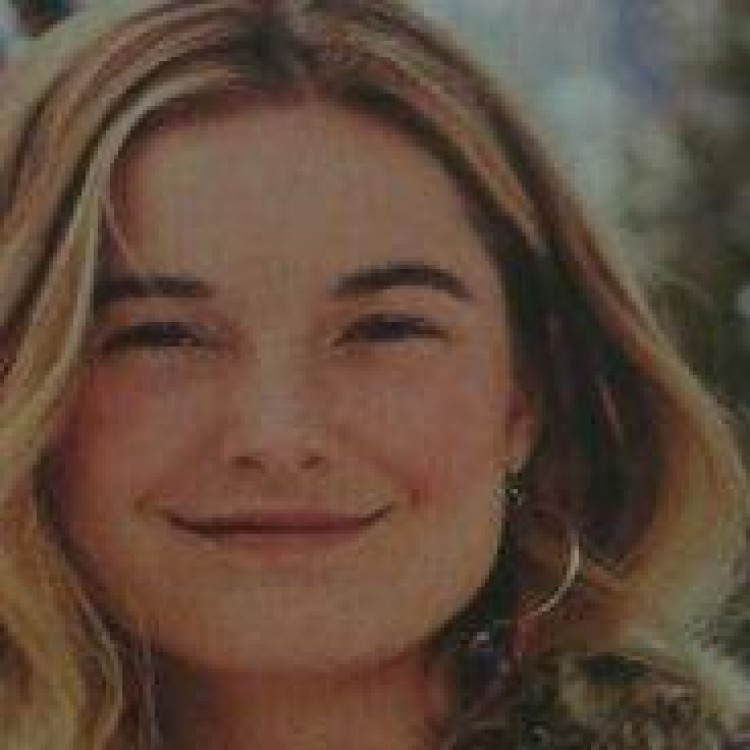Malala Yousafzai is a Pakistani activist for female education and the rights of girls, as well as the youngest person ever to receive the Nobel prize. She was born in Mingora, Pakistan in the country’s Swat Valley in 1997. Her father, Ziauddin Yousafzai, believed that she would one day become a politician, and would let her stay up late at night to discuss politics. She spoke about education rights for the first time at age 11, when her father took her to the local press club in Peshawar, on the topic, “How dare the Taliban take away my basic right to education?” At this time, the Taliban were frequently blowing up girls’ schools. When she heard that BBC Urdu news was looking for a schoolgirl to anonymously blog about her life and that the girl who had been about to do it had changed her mind due to her family’s fear of the Taliban, Malala, who was only in the seventh grade at the time, took on the task. BBC staff insisted she use a pseudonym: she was called “Gul Makai,” or “cornflower” in Urdu.
Malala hand-wrote notes which were then passed to a reporter to be scanned and sent to BBC Urdu by email. On January 3, 2009, her first post went up. Her descriptions continued to be published as military operations began, including the First Battle of Swat; eventually Malala’s school was shut down. By January 15th, the Taliban had issued an edict in Mingora that no girl was allowed to go to school – and by this point, they had already destroyed over one hundred girls’ schools. After the ban went into effect, they continued to destroy more schools. A few weeks later, girls were allowed to attend school, but only at coed schools; girls’ schools were still banned, and very few girls went back to school in the atmosphere of impending violence that hung over the area. On February 18, local Taliban leader Maulana Fazlulla announced he would lift the ban on education of females, and girls would be able to attend school until March 17th, when exams were scheduled, but they would have to wear burqas.
After Malala finished her series of blog posts for the BBC on March 12, 2009, a New York Times reporter asked her and her father if she could appear in a documentary. At this point, military actions and regional unrest forced the evacuation of Mingora, and Malala was sent to stay with country relatives. In late July, her family was reunited and allowed to return home, and after the documentary, Malala began to do some major media interviews. By the end of 2009, her identity as the BBC blogger had been revealed by journalists. She started receiving international recognition and was awarded a National Youth Peace Prize – a first-time award in Pakistan – by her country’s government. As things developed, she began to plan the Malala Education Foundation in 2012, whose purpose would be to help economically disadvantaged girls to be able to attend school. But in summer of that year, a group of Taliban leaders agreed to kill her – unanimously. As she rode the bus home in October, a masked gunman shot her; the bullet passed through her head, neck, and shoulder, and wounded two other girls.
Malala barely survived, but was airlifted to a Peshawar hospital, where doctors removed the bullet from her head in five hours. She then received specialized treatment in Europe with the Pakistani government bearing the cost. Since her recovery, she has continued to speak out both for education for girls and for the rights of women in general. At age 17, she was the co-recipient of the 2014 Nobel Peace Prize for her work on behalf of children and young people, sharing the prize with Kailash Satyarthi, a children’s rights activist from India. Malala is the youngest Nobel laureate ever. That year she also received an honorary doctorate from University of King’s College in Halifax, Nova Scotia.
On her 18th birthday, she opened a school in Lebanon not far from the Syrian border for Syrian refugees, specifically teenage girls, funded by the nonprofit Malala Fund. She is continuing her schooling as well as her activism. Learn more about her work at https://www.malala.org/
This excerpt is from The Book of Awesome Women by Becca Anderson, which is available now through Amazon and Mango Media.
Original post here!


